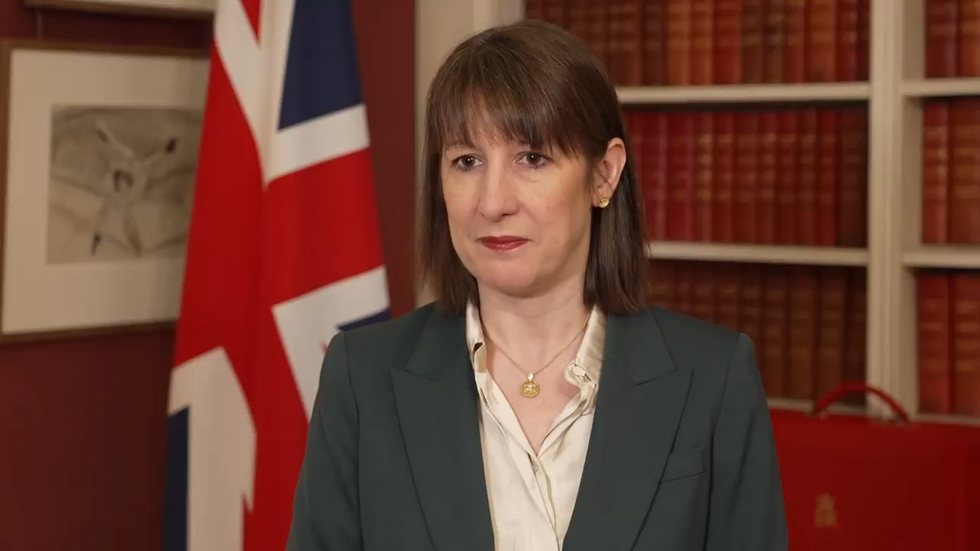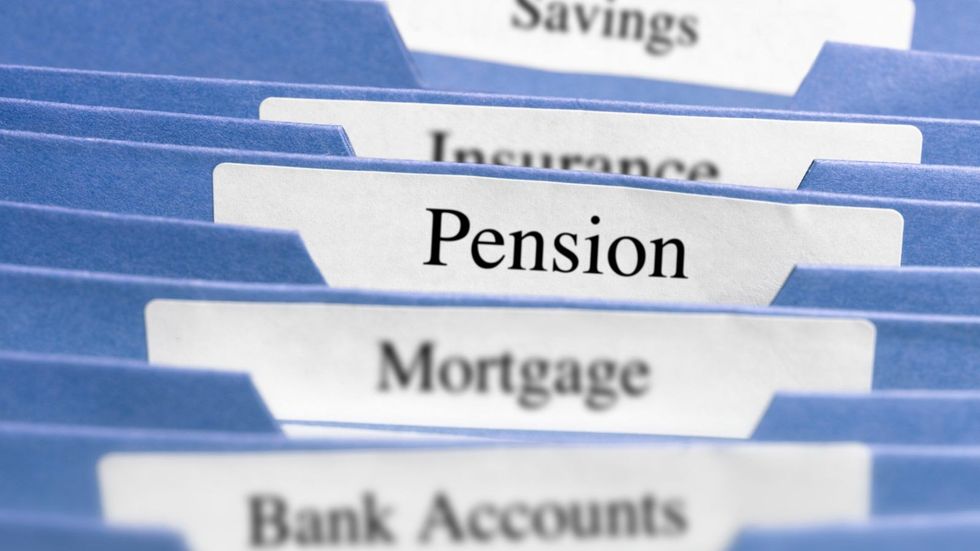‘Rubbing our noses in it!’ State pension rise will be swallowed up, retiree fears - ‘Doesn’t go anywhere’
GBNEWS
A typical full state pension is now just £600 below the income tax threshold - raising concerns about future rises
Don't Miss
Most Read
Trending on GB News
Millions of pensioners could soon be caught in a financial trap as rising payments collide with frozen tax thresholds.
Experts are warning that one of the Government’s key retirement guarantees could face growing pressure as a result.
From April 2026, state pensioners could be hit with income tax bills for the first time, even if the state pension is their only source of income.
A five per cent increase in payments next April would push the full new state pension above the £12,570 personal allowance – the threshold at which income becomes taxable.
At present, the full new state pension pays £230.25 a week, or £11,973 per year – just £600 short of the point where income tax kicks in. Any further rise could drag millions of retirees into the tax net, raising questions about the long-term sustainability of the triple lock.
Matthew Parden, financial planner at Marygold & Co, said: "The potential for the full new state pension to generate a tax bill from next year as it uses up the personal allowance, could affect the future of the triple lock.

At present, the full new state pension pays £230.25 a week, or £11,973 per year – just £600 short of the point where income tax kicks in
POOL"As state pensions rise under it, more pensioners are being pushed into the tax net, especially those receiving the full new state pension."
He added that this creates a risk of political backlash as higher tax bills could undermine this goal for some recipients, as well as create additional administration for HMRC who would need to collect the tax.
The triple lock policy, introduced to protect pensioners’ income, ensures state pensions rise each April in line with the highest of average earnings growth, inflation or 2.5 per cent.
But as pensions rise and tax thresholds remain frozen until at least 2028, the pressure on public finances is building.
Parden added: "The combination of higher pensions and frozen tax thresholds may make the current formula unsustainable, prompting calls for reforms to balance fairness, affordability, and pensioner needs."
 Britons are worried about the future of the state pension GETTY
Britons are worried about the future of the state pension GETTYDr Christopher Massey, principal lecturer in modern British history and politics at Teesside University, also warned that the policy may need to change.
He said: The overall cost of state pensions might cause the Government to change the triple lock itself. In an economy which is barely growing and with a tax bill which is at the highest level since the 1940s, the costs of the triple lock could soon become unsustainable."
One possible alternative, he suggested, would be to link pension increases only to inflation rather than the highest of inflation, earnings growth, or 2.5 per cent.

Another reform idea would be to define pension increases as a fixed proportion of median earnings
GETTYAnother reform idea would be to define pension increases as a fixed proportion of median earnings, which would provide long-term predictability for both pensioners and the public purse.
Parden proposed several other changes, including removing the 2.5 per cent element from the formula and implementing capped annual increases of four or five per cent.
He also noted that a move toward means-testing pensions could target support to those in need, but warned it would be controversial.
Parden said: "Any change would need to carefully balance protecting pensioners with maintaining fiscal responsibility."







